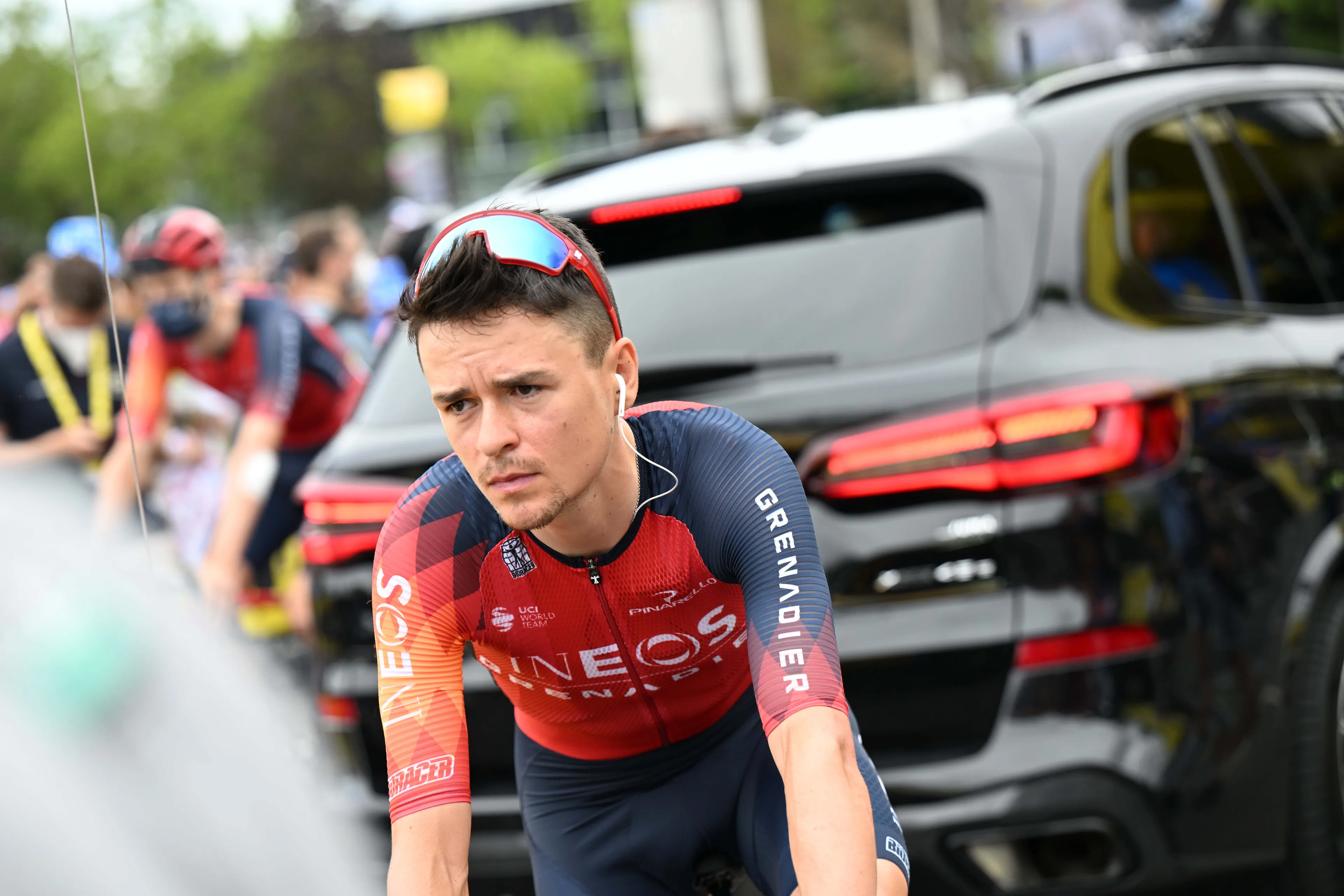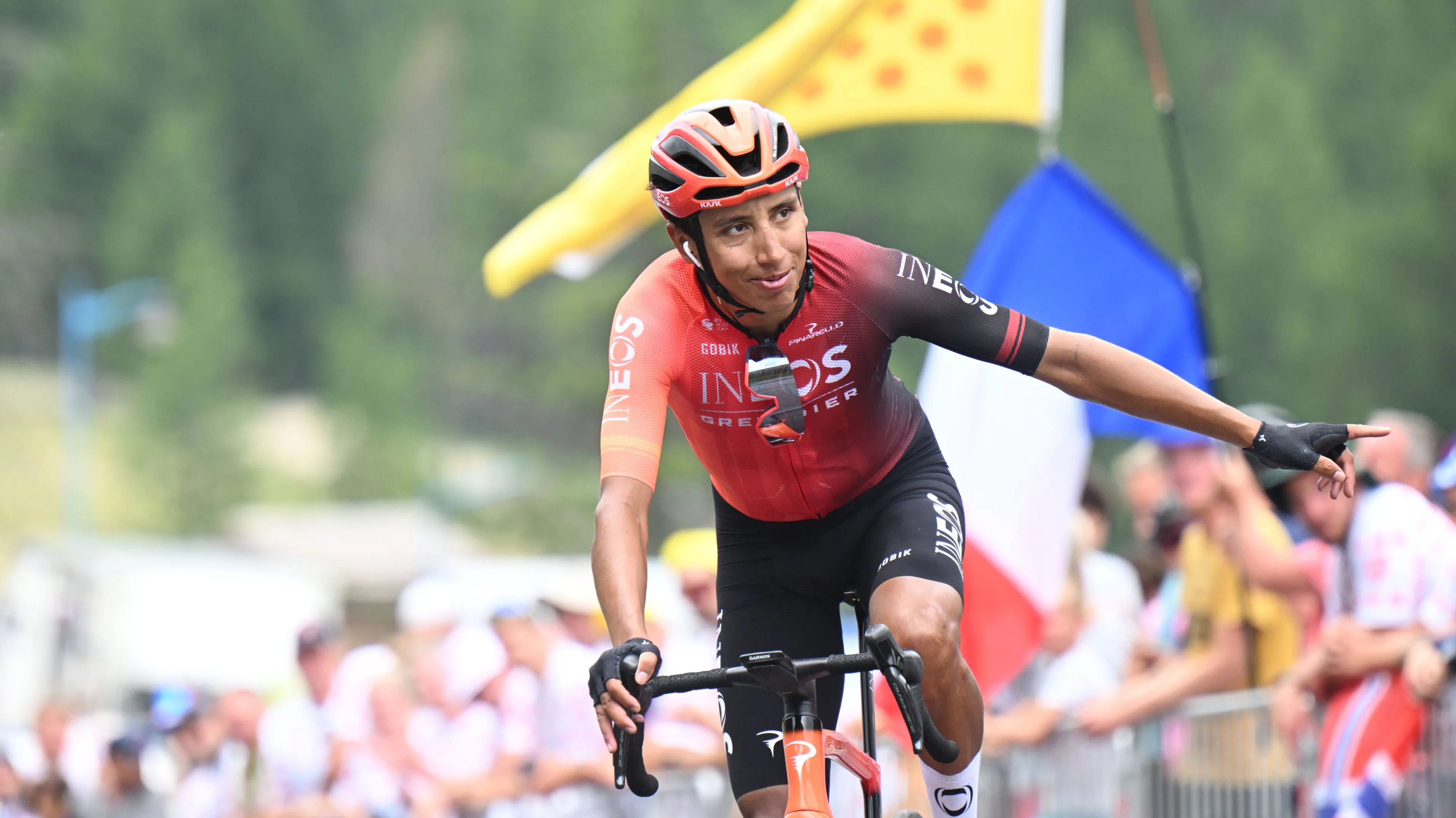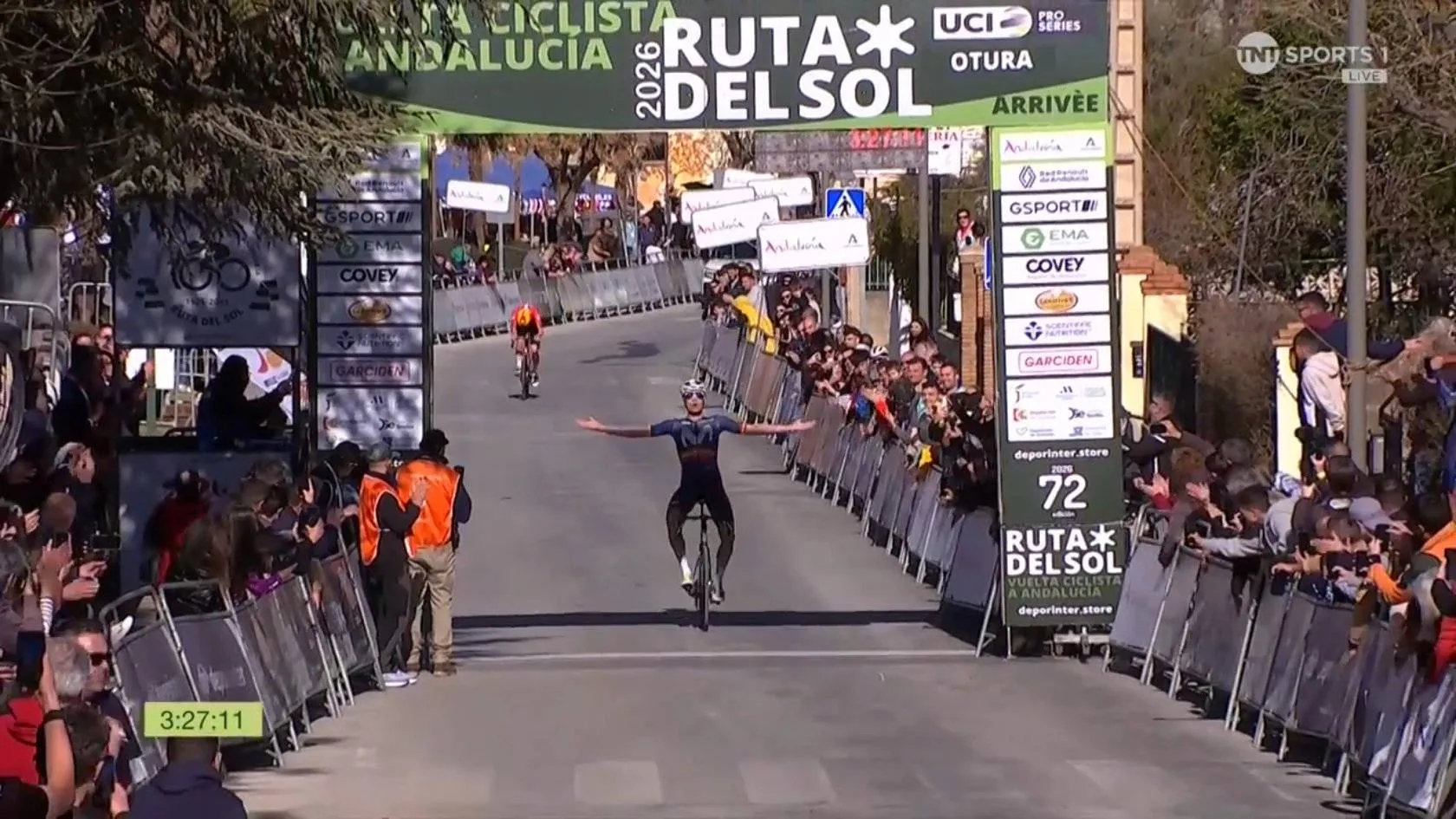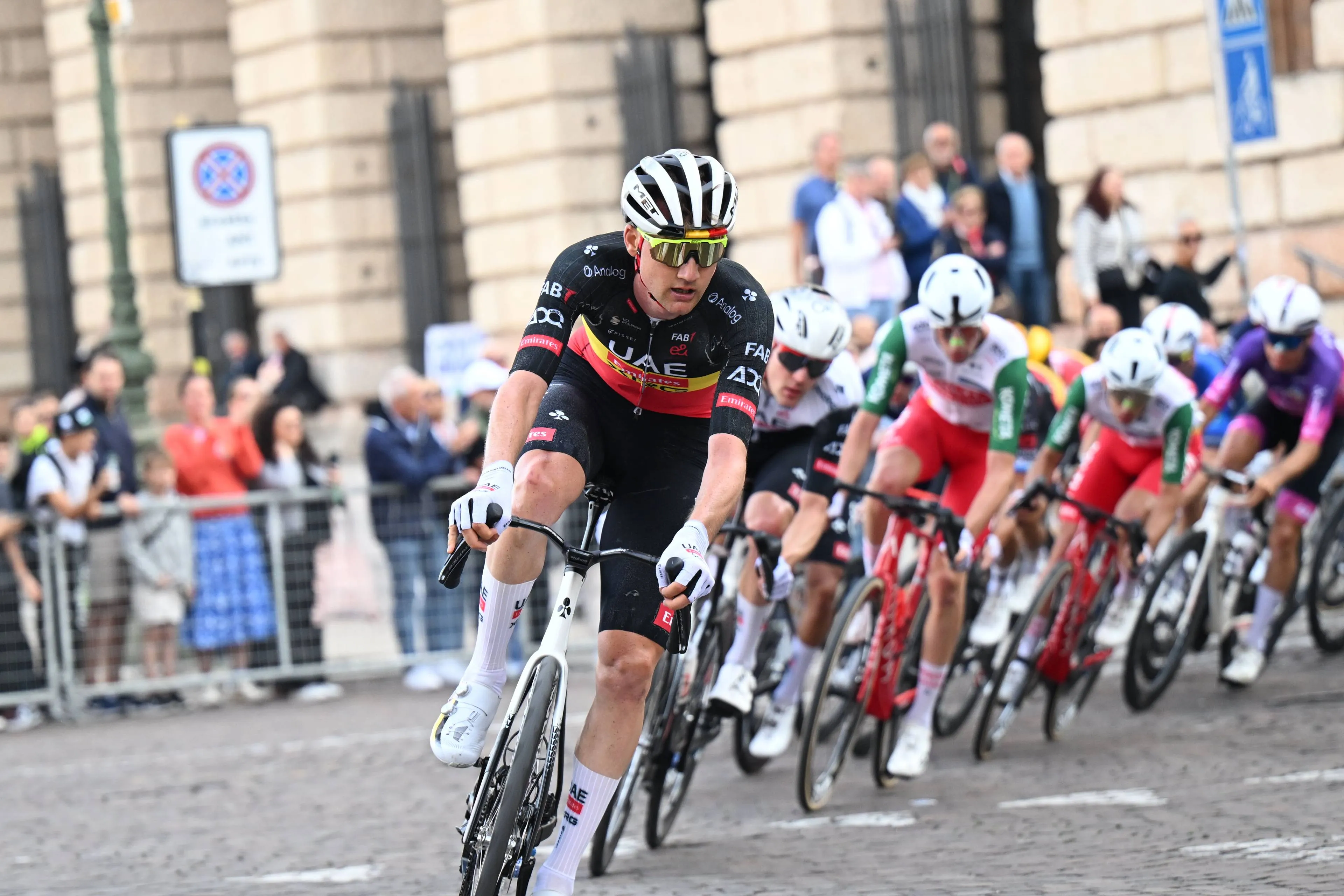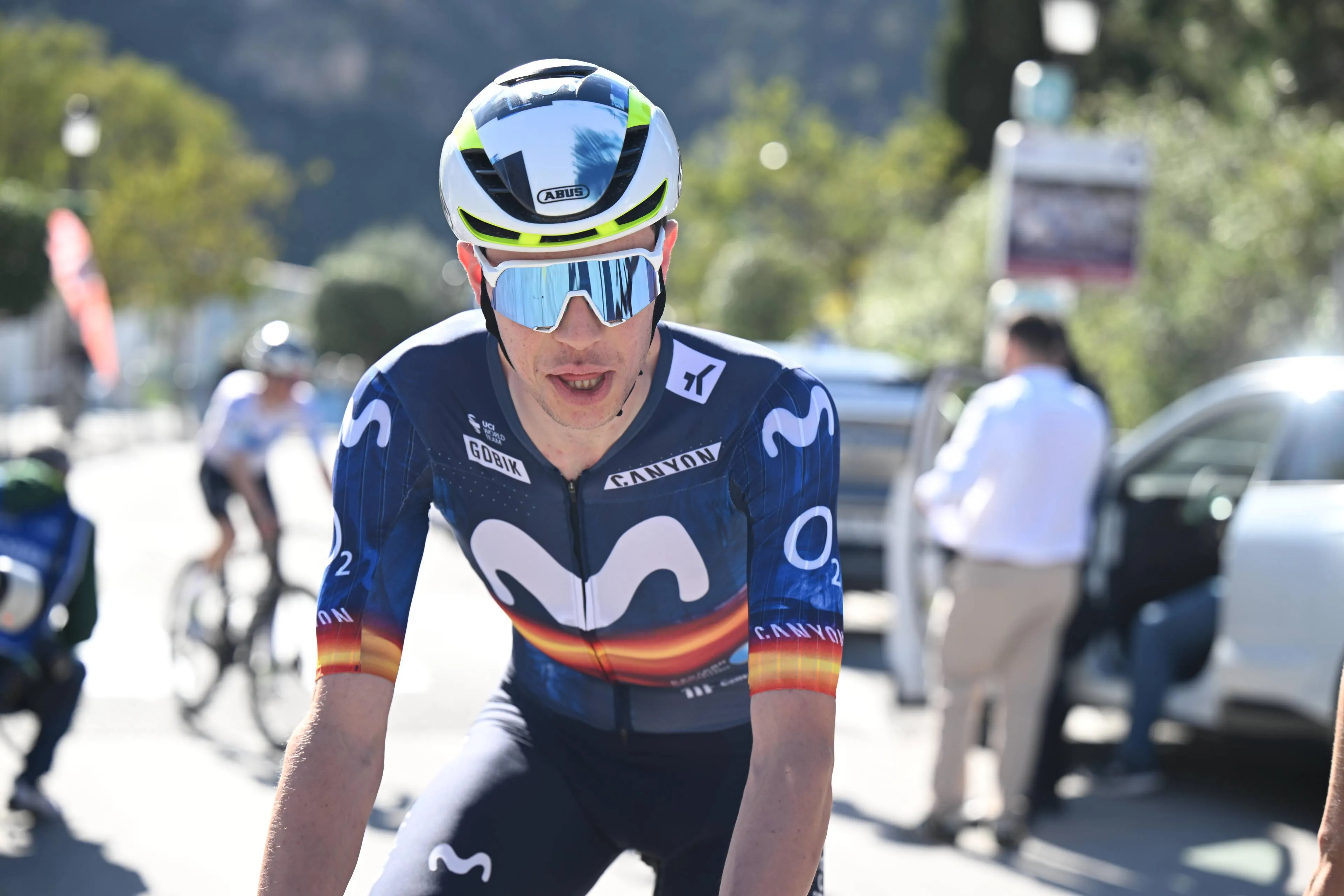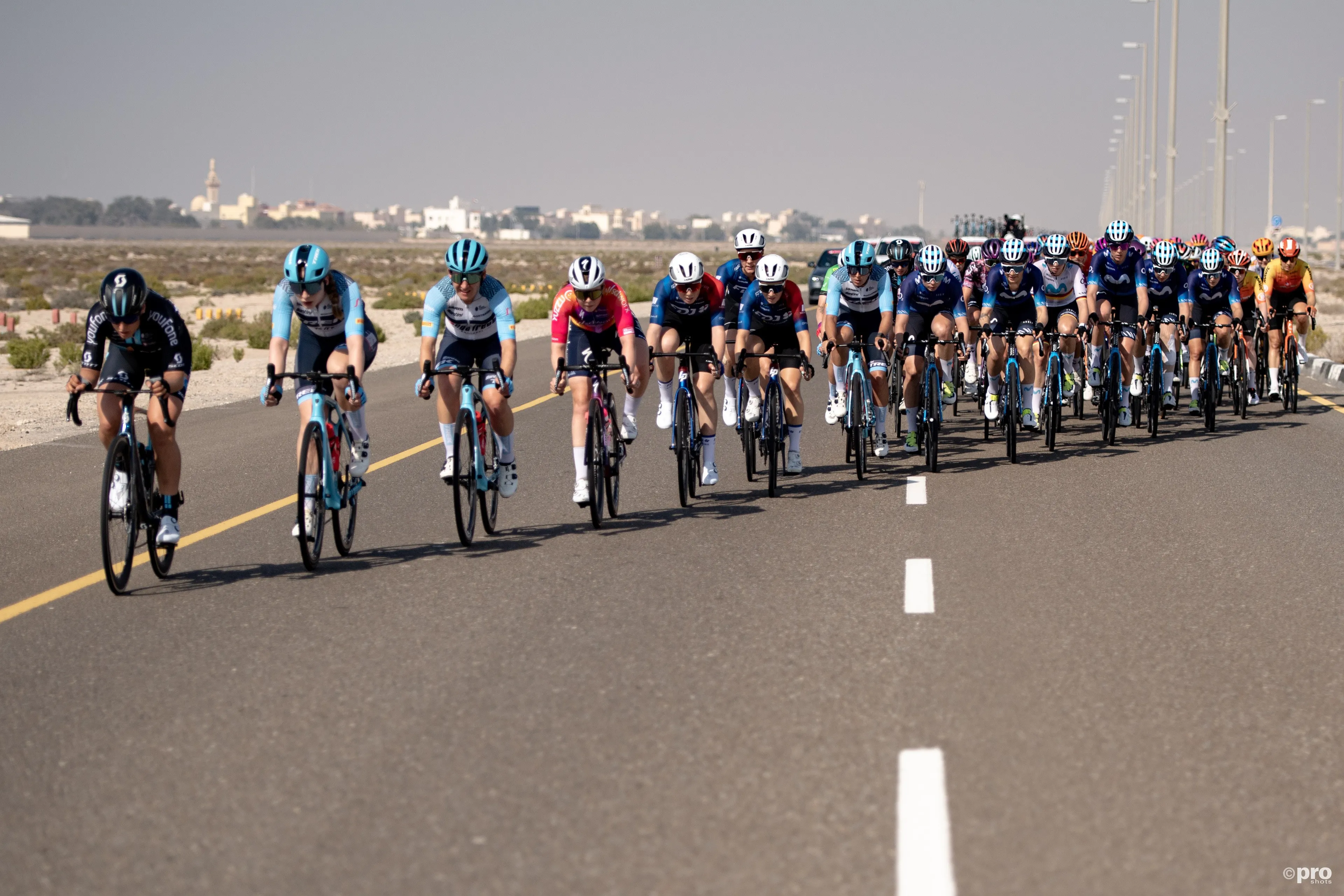INEOS Grenadiers rider on 2024 season and Tom Pidcock - "There are still successes, but compared to winning the Tour, it’s seen as a failure"
CyclingFriday, 01 November 2024 at 11:02
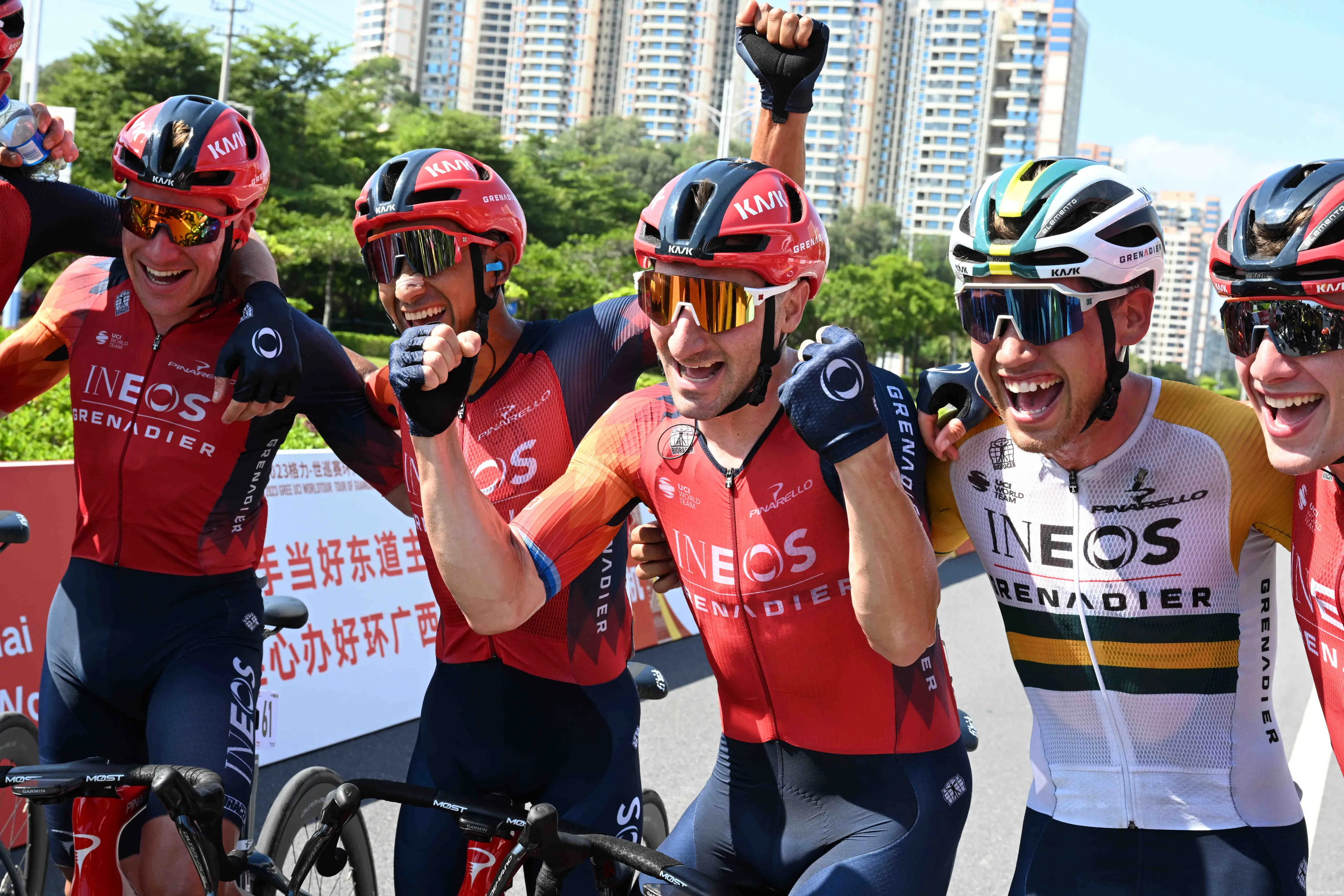
INEOS Grenadiers have had a rough season, which is understandable taking into consideration some bad luck in the past few years and the massive evolution of teams such as UAE Team Emirates and Team Visma | Lease a Bike in the Grand Tours. Competing for the same level as a decade ago is simply unrealistic, Cameron Wurf acknowledges this but simultaneously defends the team from public criticism.
"It’s a tricky thing. The past few years haven’t gone too well. There are still successes, but compared to winning the Tour, it’s seen as a failure," Wurf said on the Rich Roll podcast. "Our guys are getting publicly criticized, and that does bother me. As a team, we need to figure out how to get the most out of the athletes." The Australian joined the team in 2020, the year where a new group of riders and teams took over the Tour de France after years of dominance at the Tour de France.
"After so much success, you tend to keep working the same way, but other teams have changed quite a bit in their preparation. So, we need to modernize and break a bit from the past. I don’t mean copying others, but rather trying to lead the way again," he admits. Although fairly, he argues the team was heavily struck by bad luck in it's key riders: "Though, there has been some sheer bad luck, with the crashes of Egan Bernal and Chris Froome".
Read also
Hence the team now is in the middle of a change. As incoming DS Kurt Asle Arvesen argued, the focus is likely to change and not be in the Grand Tours where at the time, realistically INEOS do not have the firepower to match the teams that have taken to the top. But the team still holds very valuable young talent, specially outside of the climber field.
"We have the group and staff for it. Take Magnus Sheffield: he’s always reading, learning and improving himself. I’ve never done that — I’ve always surrounded myself with people who are good at that. But I’m certain we can bounce back," he assured. Tom Pidcock was one of those bets, and recently a massive topic within the team after his non-inclusion in the Il Lombardia squad where he was set to be the leader, purely due to a management decision.
"Tom has focused on things other than winning the Tour: he’s now, at his age, won gold at the Olympics for the second time. Q36.5 made sense since the owner of that clothing brand also owns Pinarello. And they could build a team around him like Van der Poel has with Alpecin-Deceuninck. But he remains one of the riders who can win races for INEOS Grenadiers," Wurf says. Although this is true, the future of the multi-disciplinary star continues to be in the dark and we do not know if the team will be able to keep him on board.
Read also
It's fair to say that INEOS have continued to perform in cyclocross, Mountain Biking and even in triathlon, where Wurf himself is one of the highest ranked athletes. Although he admits that the priority remains his schedule with the team in road cycling:
"Earlier in the season, there was also the Ironman in South Africa. I did the Amstel Gold Race and Flèche Wallonne and then flew straight to South Africa, where I still managed to place third. My energy ran out at the end, which was understandable considering that week. Within an hour after the race, I was asleep, even though I’d consumed a total of 1,000 milligrams of caffeine because I was so tired. But I fulfilled my role in the team because I’m part of the team. I do my job and want to be an example for others. If I start saying I don’t want to do this or that, I’d be setting a bad example."
He has done races this year on the request of the team, sidelining his own personal goals within his other specialty: "I did fewer Ironmans this year because I was called upon at different times. I wanted to compete in the Ironman in Frankfurt after good summer training and was just preparing for a week of rest before the race when the team called and told me I needed to go to the Tour of Poland. I replied that there was an important Ironman coming up, but they repeated that they needed me".
"Then I said, fair enough, I don’t want to be one of those riders who doesn’t want to go to a race because I want to work on something else. I’m on the payroll, so in the end, I didn’t do that Ironman and rode Poland and the Tour of Germany after the four hardest training weeks of my life," he concluded.
Read also
claps 2visitors 2
Just in
Popular news
Latest comments
- Minor flaws.... thats like suggesting Genghis Khan was a bit aggressive with other countriesslappers6619-02-2026
- Then you carry on if that's what makes you happyslappers6619-02-2026
- Fabio cannot catch a break.mij19-02-2026
- OK, today is the "air conditioner"... yesterday was a cramp... on saturday a bee will sting him in his tongue... his tongue will swell up and mustafa gets no oxygen. Because of his swollen tongue, Remco won't be able to give us a new excuse. Remco and the spanish rat Ayuso should be on the same team. They both have a ton of excuses and both of them are liars. Ad acta.Mou-Cro-HR19-02-2026
- Florian Lipowitz is secretly happy
 Rafionain-Glas19-02-2026
Rafionain-Glas19-02-2026 - The crucial thing to remember is that Remco was broken by the pace of Gall and Tiberi, not Del Toro's. Remco's excessive antics are because he doesn't want anyone to think that he's 'genuinely' struggling. You can always say 'he got cramps' because 'his preparation didn't go to plan', but the thing is that there is a limit to the number of excuses and exceptions that there can be. Eventually everyone just accepts that he's reached his ceiling on the climbs.
 Rafionain-Glas19-02-2026
Rafionain-Glas19-02-2026 - Bahraini suspicious..Santiago19-02-2026
- The problem is, a British 'boss' opening the gates, when the native workers not wanting them!
 leedorney19-02-2026
leedorney19-02-2026 - Who is overrating him on climbs? Everyone knows since ages it’s his weakness and needed years of work. Question us if he can do enough about it. For sure he won’t be able to improve his TT enough to compensate.Mistermaumau19-02-2026
- What do you call only seeing someone’s positives?Mistermaumau19-02-2026
Loading
Write a comment
